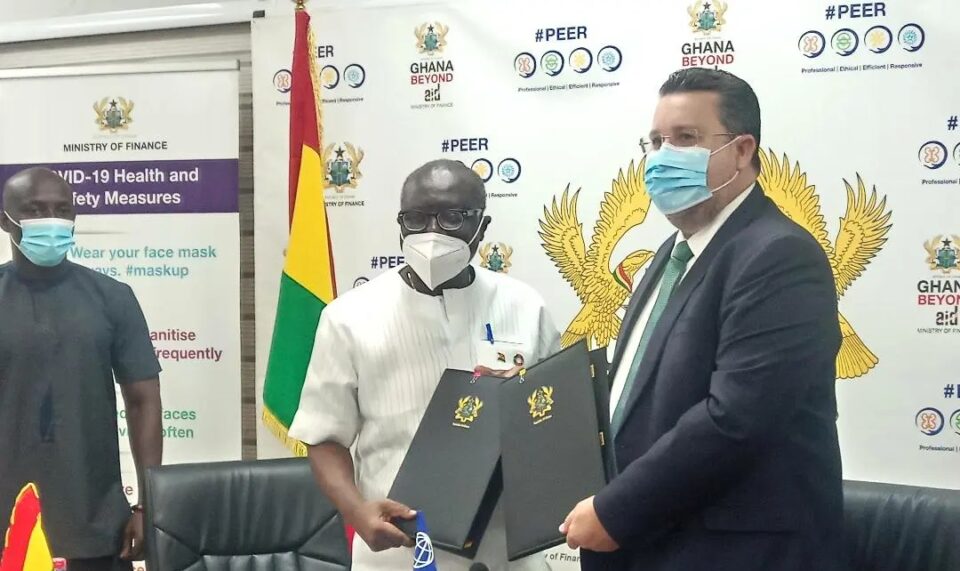In the coming weeks, the World Bank will enter into a new partnership framework agreement with Ghana – with the focus on carving conditions for a strong private sector-led growth, the Bank’s Vice President for Africa Western and Central Region, Ousmane Diagana, has revealed.

A Country Partnership Framework (CPF) is the central tool of management and the board for reviewing and guiding the World Bank Group’s (WBG) country programmes and gauging their effectiveness.
The CPF identifies the key objectives and development results through which the WBG intends to support a member-country in its efforts to end extreme poverty and boost shared prosperity in a sustainable manner.
The WBG and the country draw upon the Systematic Country Diagnostic (SCD) to develop the CPF objectives together – deriving them from those country development goals which reflect the WBG’s comparative advantage, as well as alignment with the twin goals and considering opportunities for leveraging the private sector to provide sustainable solutions to development problems.
Currently, the World Bank has an active portfolio worth US$2.9billion across 25 active projects. The portfolio is spread across several sectors, with the largest investments in finance & competitiveness, 18 percent; Health, Nutrition & Population, 13 percent; social protection & jobs, 13 percent; and urban resilience and land, 10 percent.
“The partnership, which is for four years, will provide financial support for Ghana during the period. On average, we intend to mobilise about US$1billion per year which will be targetted to specific areas such as the agriculture, health, energy, education sectors, among others,” the Bank’s Vice President revealed.
Raising concerns of current geopolitical threats the country faces, the Vice President said: “We also want to contribute in helping Ghana anticipate and address some of the challenges it faces, especially given the geopolitical context in which Ghana fits currently. The Gulf of Guinea is next to the Sahel; it is very important we learn some lesson from those countries in the Sahel region.”
In this new agreement, the Bank intends to tackle the issues of climate change – which is a key priority. “In the context of climate change, we are supporting the country with a programme that will help it to be much more resilient but also adapt to climate change as a very important priority that we do support,” Mr. Diagana emphasised.
As part of his four-day working visit, the Bank’s Vice President will also hold high-level discussions with government officials on critical areas of the World Bank’s Ghana’s programme including macro-economic, energy sector issues, COVID-19 pandemic and vaccine rollout.
Source: B&FT


